By Jessica Domel
Imagine a world with very little beef, chicken, pork and turkey. A world where your main options are fruits, vegetables and grains. Butter, ice cream, cheese and milk are to be used sparingly.
With the abundance of choices at our local grocery stores and farmers’ markets, it’s almost hard to imagine. But it’s something that a federal panel is supposedly recommending as best for our environment.
They say a vegan, or even vegetarian, lifestyle is best and encourage an overall reduction in meat consumption for those not willing to go cold turkey.
Is the panel a group of scientists studying the Earth’s atmosphere, soil and water over decades and centuries? No. They’re a panel that was actually tasked with the job of recommending nutritional and dietary guidelines. Guidelines that would then be used to help dictate what’s served in our public schools.
Sure, there’s a correlation to be made between how we consume food and how it’s grown. When demand for a food grows, American farmers and ranchers try to meet that demand.
But a panel tasked with nutrition guidelines should concentrate on nutrition, not sustainability. To do otherwise would be like letting a toddler run America’s largest toy company.
Sure, a child knows a lot about toys, but does she have the expertise, the education and better yet – the ability to make decisions that could affect children the world over?
No.
Let’s not let a single panel make recommendations that will affect billions of meat lovers, jobs and our economy as a whole.
Beef, chicken, turkey and pork provided much-needed proteins and nutrients that are a valuable part of a healthy diet.
We can blame a lot of things for our environmental problems. Instead of pointing a finger at one industry or food group we should, literally, get to the heart of the matter and encourage one another to simply eat more appropriately, move more and conserve our natural resources the best way we can.

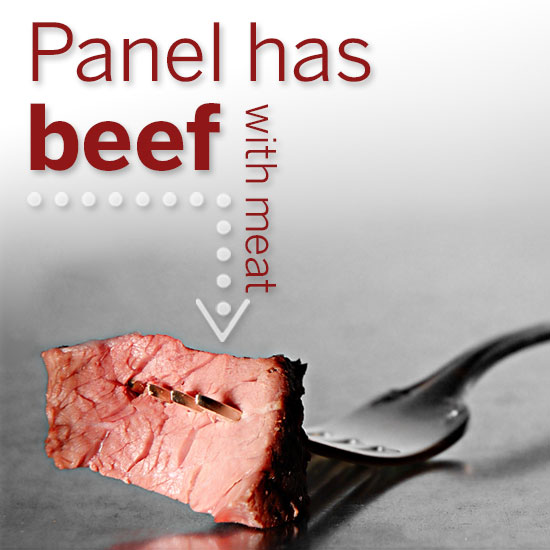

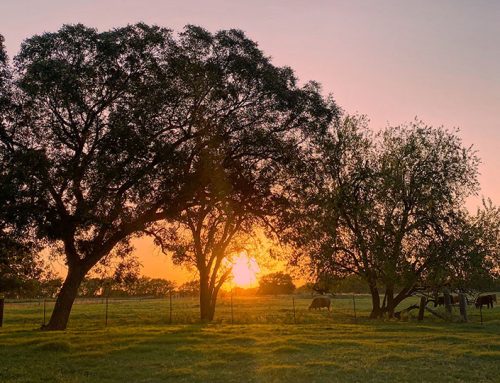
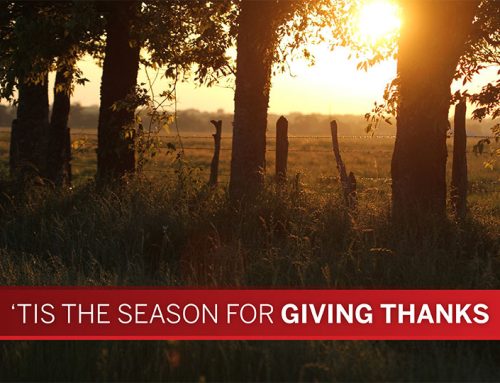
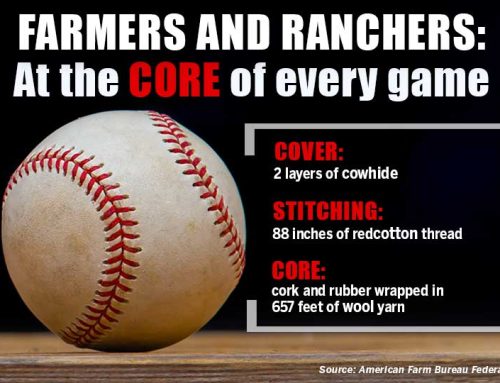
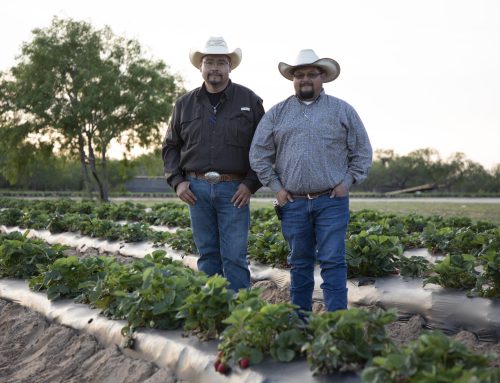




Leave A Comment